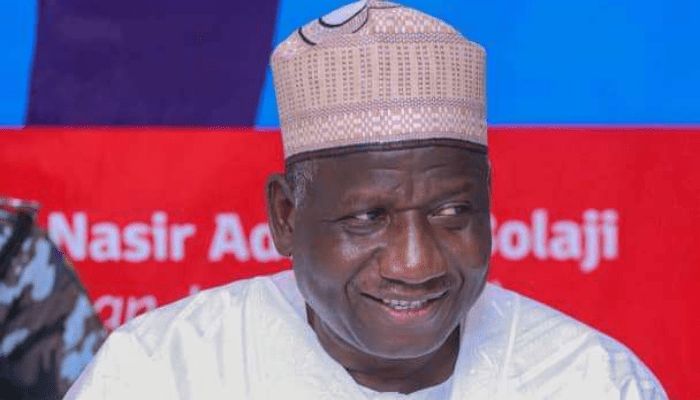The 2023 presidential candidate of the Action Democratic Party (ADP), Yabagi Yusuf Sani, has described President Bola Tinubu’s economic reforms as bold and fundamental but criticised them for lacking the structural framework necessary to cushion the hardship faced by ordinary Nigerians.
Speaking on Frontline, a current affairs programme on Eagle 102.5 FM, Ilese-Ijebu, and monitored by New Telegraph, Sani said Tinubu’s economic strategy is rooted in capitalist ideology, which he argued has historically benefited a privileged elite while sidelining the broader population.
“What Bola Ahmed Tinubu is trying to do is run a highly geared capitalist economy in an environment that is substantially weak and poor. That’s the real problem,” he said.
While acknowledging policies such as the removal of fuel subsidy and unification of the naira as theoretically sound, Sani contended that these measures have yet to yield meaningful benefits for the masses.
“I will say it is a mixed bag. The reforms introduced by President Tinubu are, without doubt, bold, fundamental, and tough. On a long-term basis, they may yield the desired results, but right now, they’re hurting the common people,” he stated.
Sani criticised the government’s implementation approach, noting that while policy declarations are often lofty, their execution lacks the rigor required for tangible impact.
“Governments are always loud in policy declarations, but the problem lies in implementation. I haven’t seen anything that convinces me this administration will end up in the good books of Nigerians—economically speaking.”
He commended the early leadership changes at the Central Bank but expressed skepticism over the sincerity of the administration’s planned cabinet reshuffle, alleging that political convenience continues to trump institutional accountability.
He also condemned the recent leadership change at the Nigerian National Petroleum Company Limited (NNPCL)—in which Mele Kyari was replaced by Bayo Ojulari Bashiru—as political posturing rather than strategic reform.
“The government is playing politics with critical institutions. Programs may sound amazing, but their impact on Nigerians is barely visible,” he said, citing persistent unemployment, erratic electricity supply, and policies that favour elites.
Lamenting the disconnect between Tinubu’s economic vision and the country’s socio-economic realities, Sani noted:
“When Tinubu came into office two years ago, around 103 million Nigerians were living below the poverty line. Today, that number has increased to 129 million. That means nearly 25 to 30 million additional people have slipped into poverty largely due to the removal of fuel subsidies.”
He also criticised the administration for permitting a 200% increase in electricity tariffs, arguing that the move has placed unbearable pressure on households and businesses alike.
Sani concluded with a stern warning: unless the government realigns its reform agenda with the pressing needs of the people, it risks losing public trust—no matter how ambitious its policies may appear on paper.
















